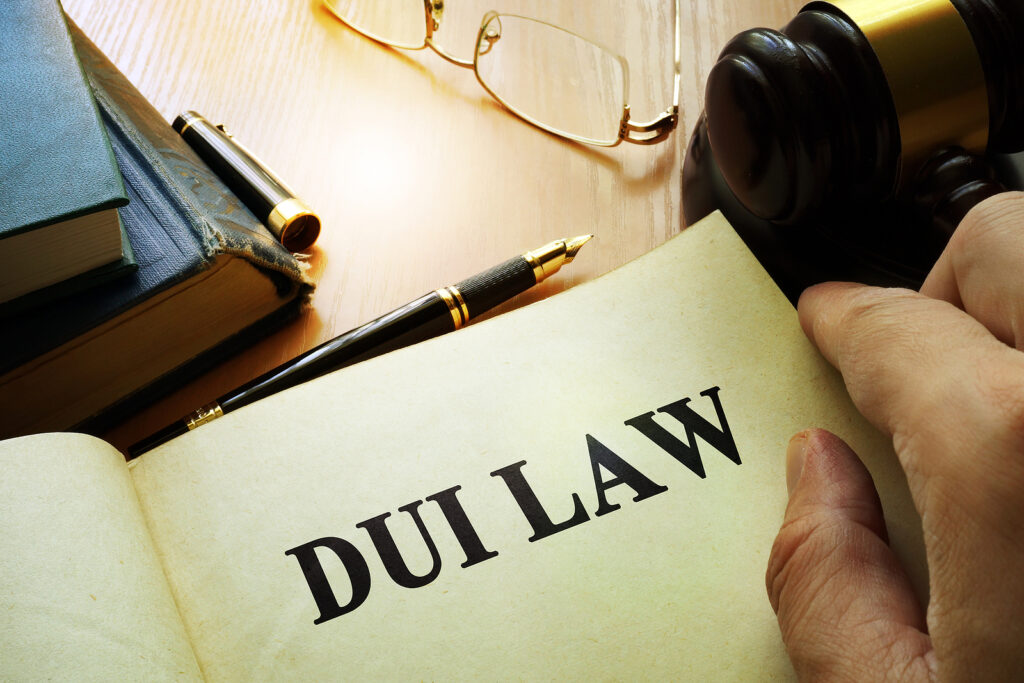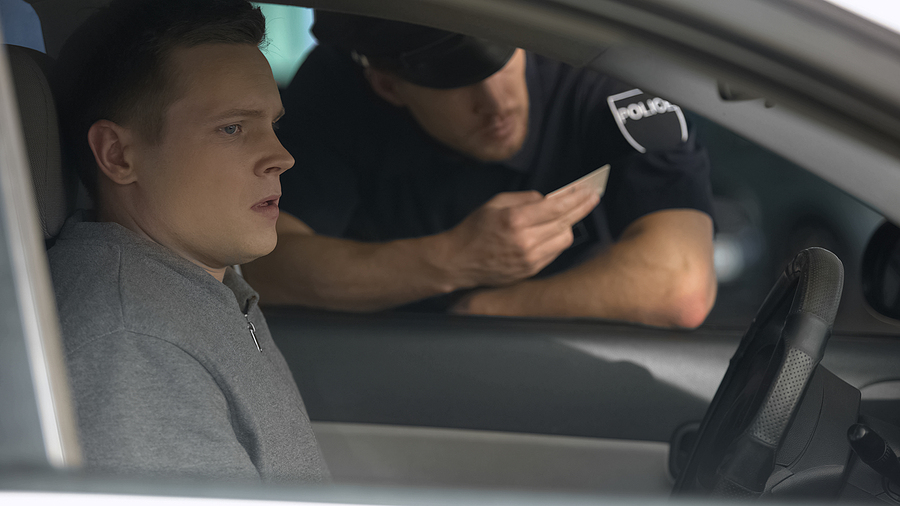Intoxicated driving charges are very serious, and the law is designed to use such cases as a means to set an example for the rest of the public. The laws surrounding OWI charges vary from state to state, as do the possible enhancements that can increase the severity of the charges. There are several ways you can be charged with operating a vehicle while intoxicated.
Continue below to learn the 8 types of DUI charges, what they mean, and how you can beat them with skilled legal representation.

Types of OWI Enhancements
Potential OWI enhancements depend on several factors, but the most common types of enhancements to drunk driving charges include operating a motor vehicle with a blood alcohol concentration (BAC) of 0.15% or higher, drunk driving with a minor as a passenger, drunk driving that causes another person bodily injury, and drunk driving that causes the death of another person.
Aggravated DUI
An aggravated DUI is any average DUI charge, but with enhancements. See enhancement examples above. Aggravated DUI charges are the same thing as Felony DUI charges, which is the term used in Indiana. Additional aggravated DUI offenses include DUI in a school zone, operating a school bus under the influence of drugs or alcohol, driving intoxicated without a valid license, having multiple convictions within a short time frame, and more.
Drugged Driving (DUID)
Alcohol is not the only substance that can lead to a DUI arrest. Operating a vehicle while under the influence of Schedule I or Schedule II drugs, whether legal or illegal, can lead to a DUID charge in Indiana, which stands for “driving under the influence of drugs.” A police officer can legally arrest you for a DUID charge simply based on a reasonable suspicion that such drugs are in your system.
DUI Accidents
Driving under the influence of drugs or alcohol is a serious crime in itself; but couple it with an accident and the charges get worse. In Indiana, DUI-related accidents are labeled as Felony DUI charges, and come with severe penalties.
DUI Manslaughter
When DUI accidents end with fatalities, the charges increase to DUI manslaughter. Although the fatalities in these cases are unintentional, the charge still come with very severe penalties in Indiana. DUI manslaughter is a Level 5 Felony, which is a very serious charge.
Felony DUI
First-offense DUI charges are generally misdemeanors. But with enhancements or previous convictions, DUI charges turn into a felony very fast. Such factors include multiple convictions, fatalities, presence of children, bodily harm, property damage, and more. With the help of a tough defense lawyer, felony DUI charges can sometimes be reduced to lower felonies or misdemeanors.
Misdemeanor DUI
A typical DUI charge in Indiana is a misdemeanor crime, unless there are enhancements involved, or a person has prior DUI convictions within a certain time frame (usually 5 to 10 years). First time DUI offenses are Class C misdemeanors, but with BAC levels higher than 0.15%, they jump to Class A misdemeanors. With the help of a tough defense lawyer, Level 6 felony DUI’s can often times be reduced to DUI misdemeanors.
Property Damage DUI
When a DUI accident ends with property damages, the penalties and fines increase dramatically. A person can expect longer jail time, harsher sentencing agreements, and extreme fines. And although these are considered aggravated DUI’s, they are not always charged as felonies. However, if property damages are extensive, the charge is likely to increase to a felony.
Underage DUI
Indiana has a “per se” stance on underage drinking and driving. This means there is a zero-tolerance rule for underage drinking. Any person under the age of 21, the national legal drinking age, is forbidden to consume or purchase alcoholic beverages. Underage drinking is a crime in itself, but combined with driving and DUI charges, underage drinkers face serious penalties. Standard penalties include license suspension, jail time, probation, hefty fines, community service, and diversion programs.
Are you looking for criminal defense attorney who can help you reduce your OWI criminal charges in Indiana? Contact Attorney David E. Lewis at 317-636-7514 to speak with a seasoned criminal defense lawyer about your Indiana DUI charges. Our legal team can help you obtain the best possible outcome to your criminal matters!
Related Posts:
5 Types of Probable Cause for DUI Traffic Stops
Possible Sentences for a Second OWI Charge in Indiana
You Have Only 10 Days to Save Your Driving Privileges After a DUI Arrest
Possible DUI Penalties for Commercial Drivers


